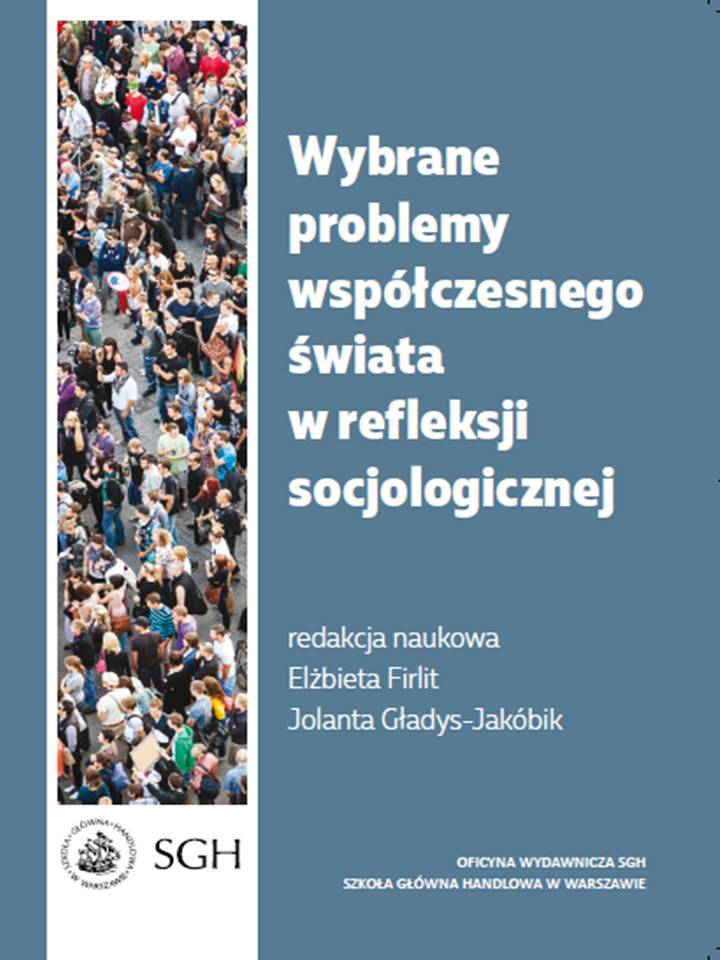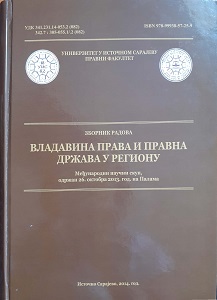Author(s): Mirjana Nadaždin-Defterdarević / Language(s): Serbian
Publication Year: 0
The transition is most often perceived as a prerequisite for democracy, as an undemocratic transformation into a democratic system that is consolidated when the government acquires a habit to operate within the established legal framework. The legal state is thus defined by its law, which in turn is defined by its clearly established values. The law of the states of this region turned the transition into an excuse for a slow transformation with unclear values which, instead of supporting the establishment of the legal state and the rule of law, are minimizing the importance of these two concepts. Elaborating on the phenomenon of the rule of law and the rule of law in the context of transition, by applying comparative law method, teleological and axiological methods and content analysis, the paper confirms the starting hypothesis that the social forces and political entities who were given a decisive political role during the transition, and were thus granted the state power, proved unprepared for efficient transformation of the former society and the state into a modern democratic society, which is the condition for, but also the consequence of the legal state and the rule of law.All the states of the region introduced the value of the legal state and the rule of law as their constitutional principles. Transition was a frame for this experiment, since the legal state and the rule of law were to be implemented urgently, simplifying it as much as possible, selecting from the catalogue of democratic institutions those for which it was believed that their values, in the conditions of a new and different environment, would ensure the desired result. Although the nominal commitment to objective of establishing the legal state and the rule of law is willingly and readily underscored in all the programme documents of all subjects of the political life of countries in the region, it is obvious that the formal acceptance of the principle of the legal state and the rule of law does not automatically mean the application of their contents. The transitional environment was not up to the acceptance of the values of the rule of law, much less to taking responsibility for their accomplishment.The change offered by the transition was a unique opportunity to constitute a principle of justice, based on the idea of new justice which relies on a new articulation of the core values of the civil society, strengthening and ensuring the principles of legal security, social peace, but this would mean designing the binding principles, which, judging by the results, has not happened. It is certain that the legal state and the rule of law will not be put in the forefront by a stubborn repetition of the declared loyalty to their principles, but by full endorsement with the intention of they being applied to the letter.
More...



